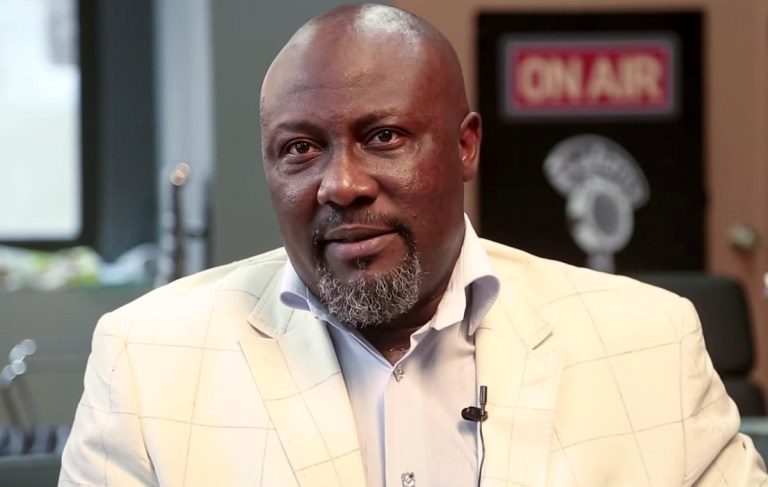The acquittal produced sharply divided responses. The company’s compliance officer testified during trial that this was “a civil matter that has ended up in Criminal Court.” In contrast, the complainant stated he was forced to report to the police after being turned away when attempting to claim his winnings, reports Iyke Bede
The courtroom fell silent as Justice A.M. Nicol Clay read her verdict. After three years of legal battles, Green Lotto (Brentwood Service) and its former sales manager, Charles Akhenamen, walked free, acquitted of all criminal charges in a high-stakes ₦72.7 million lottery fraud case. While the judgment settled this dispute, legal experts say it also underscores broader challenges facing Nigeria’s betting industry.
It all began on January 29, 2021, when businessman Sunday Nwachukwu placed what he believed was a winning bet. Through agent Clement Gregory, he staked ₦330,000 on numbers 26 and 65 in Green Lotto’s Bonanza game. When the results came out that evening, the numbers hit. Gregory even called to congratulate him. But the celebration was short-lived. The ticket, Green Lotto said, was “fraudulent.”
For Nwachukwu, a seasoned lottery player with a history of big wins, this was not a misunderstanding; it was a fight for what he believed was rightfully his. His efforts to resolve the dispute led him from Green Lotto’s office at 66, Agbo Malu, Lagos, to various police stations and eventually the Lagos State Lottery and Gaming Authority. According to him, the company offered ₦20 million to settle, an offer he refused. When talks failed, the state pressed criminal charges against them.
The prosecution’s case rested on three main allegations: conspiracy to deny Nwachukwu his winnings, obtaining money under false pretences, and stealing the prize. Yet, under judicial scrutiny, each claim unravelled. Justice Clay pointed out that the prosecution could not place Akhenamen at the scene when the ticket was cancelled, and as sales manager, he had no authority over payouts or IT systems. The defence relied heavily on testimony from the company’s compliance officer, who stated that the fraud-detection software had automatically flagged the transaction. Citing legal precedent, the judge ruled that suspicion alone was insufficient to prove conspiracy.
On the matter of fraud, the court found no evidence that the company had induced Nwachukwu to play under false pretences. The terms and conditions clearly allowed Green Lotto to cancel suspicious tickets, and the ₦330,000 stake had been refunded, weakening the theft allegation. As for the claim of stealing ₦72.7 million, the court determined that the sum was never Nwachukwu’s property in the first place, describing it as a potential prize, not actual funds.
Central to the defence was the company’s proprietary fraud-detection system, a “black box” of algorithms operated from India. Even the company’s own IT expert admitted they did not know why the system flagged Nwachukwu’s ticket. Without transparency, players have no way to challenge such cancellations.
The case also highlighted Nigeria’s fractured regulatory framework. The Lagos State Lottery and Gaming Authority, which licensed Green Lotto, admitted it couldn’t resolve the dispute. Police referred it to national regulators (now defunct National Regulatory Commission), who equally failed to act decisively.
The acquittal produced sharply divided responses. The company’s compliance officer testified during trial that this was “a civil matter that has ended up in Criminal Court.” In contrast, the complainant stated he was forced to report to the police after being turned away when attempting to claim his winnings.
The fallout is still unfolding. Nwachukwu’s civil case continues, but without the weight of a criminal precedent, his chances appear slimmer. As this chapter is closed in the Lagos High Court, one question lingered: in Nigeria’s lottery gold rush, who truly holds the winning ticket? The players or the house? For now, it appears the house has the better odds.
The post Lagos Court Rules in Favour of Green Lotto in ₦72.7m Case appeared first on THISDAYLIVE.

